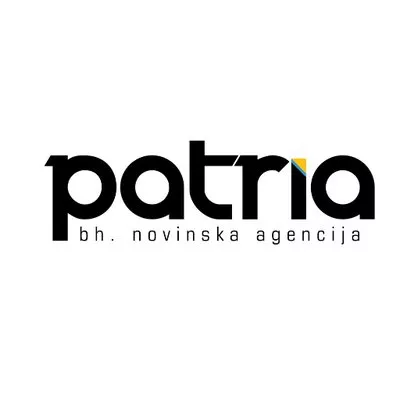
Aktualno
Članek
State Department: All BiH citizens must have the right to vote and to be elected
NATO’s partnership with BiH is a matter only for BiH and the 30 NATO Allies.
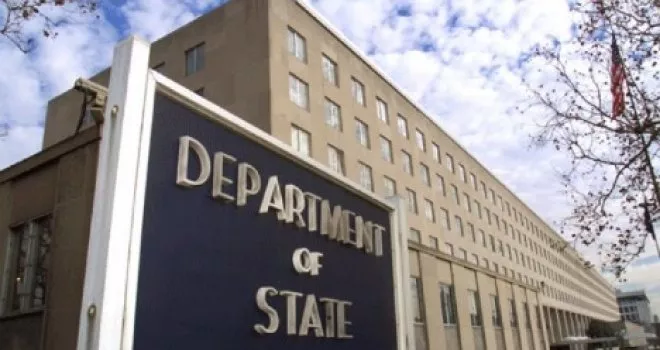
(Patria) - Agreements ultimately require political will from the parties involved, and no amount of mediation can produce success if politicians do not have sufficient trust in each other to make good-faith compromises in the broader interest of the country, a State Department spokesman said in response to inquiry Patria News Agency.
Q: The US/EU-mediated talks on Bosnia's electoral legislation are in a deadlock. Many political experts and analysts assess that one of the reasons of the failure is the lack of a clear US Administration's strategy for the reform. Can we expect a different approach of the State Department in future negotiations on the electoral reform in Bosnia and Herzegovina?
A: As Secretary Antony Blinken noted in his letter to the Bosnian Presidency last spring, now is the time to focus on basic yet meaningful and achievable rule-of-law, electoral, and economic reforms.
The United States, EU, and other partners in the international community support Bosnia and Herzegovina (BiH) in its efforts to ensure all its citizens can vote and run for election without discrimination. Together with the OSCE, we are also united in our support for BiH’s timely adoption and implementation of critical technical reforms necessary to ensure that election outcomes truly reflect the will of the people.
Agreements ultimately require political will from the parties involved, and no amount of mediation can produce success if politicians do not have sufficient trust in each other to make good-faith compromises in the broader interest of the country.
We believe that the January discussions in Neum provide a basis for parties to conduct further talks and we encourage leaders to continue dialogue to de-escalate political tensions and improve the functionality of BiH institutions. Reforms to improve the integrity of elections are also essential to maintain voter confidence and curb election fraud. We expect all parties to stand against corruption and to support passage of laws to this effect in Parliament.
Q: Senators Jeanne Shaheen and Ron Johnson asked you for a change in approach to this issue. A part of Bosnian public is demanding the same as well as some political parties. Can we expect that the US will insist from now on that talks on reforms are held within the institutions of Bosnia and Herzegovina, and in line with the values that were once established in the US?
A: We have always insisted that elected and appointed officials fulfill their obligations and implement crucial electoral, economic, and rule-of-law reforms through the institutions of BiH. We regret that over 10 years following the Sejdic-Finci ruling, constitutional changes have not yet been adopted to making it possible for all BiH citizens to run for the country’s highest offices. This failure is inconsistent with BiH’s chosen EU path.
Over the past year, our discussions with party leaders, civil society, and officials in BiH institutions have aimed to build the political will necessary to produce an agreement to move forward with reforms that would improve the quality of democracy in BiH and help ensure that elections are credible and produce outcomes that reflect the will of the people. Whatever reforms the parties agree to must also be developed in full and genuine consultation with all stakeholders – meaning a full period of public debate including the voices of ordinary BiH residents from all three ethnic groups and all others, in both entities and in Brcko District. BiH’s elected officials and party representatives have an obligation not only to their constituents, but also to all BiH voters, to demand that election integrity legislation is approved in Parliament and implemented through BiH institutions in time for the 2022 elections.
Q: US Special Envoy for electoral reform in Bosnia and Herzegovina Matthew Palmer lost support of the Bosnian public and his term is about to end. Is there an eligible person in your office to take over this post?
A: Matthew Palmer continues to be engaged on these issues, helping bring parties together for a solution in line with democratic principles that all BiH political parties can agree on. The U.S. Department of State fully supports him and his work in this area.
Q: The crisis in Ukraine is largely connected to the increasing spread of Russian influence in the Western Balkans. There are leaders in some of the countries in the region, such as Croatia and Montenegro, who are getting closer to the Kremlin although the states they represent have been the strategic partners of the US for decades. Does the US have an answer to this (Russian) expansion and how much exactly is the Ukrainian crisis helping Russia to deal a blow to the Western Balkans?
A: The United States is unwavering in its support for Ukraine’s sovereignty and territorial integrity. As we have said many times, Russia’s unprovoked aggression against Ukraine is a threat not only to Ukraine, but to Europe and the international rules-based order.
At the same time and in parallel, at the same time and in parallel, Russia’s actions in the Western Balkans, including the malicious cyber activities, the spread of disinformation and the use of energy flows as a tool for political manipulation, undermine support for the region’s European integration. They also erode the political will for democratic reforms, discourage the public from demanding transparency and the rule of law, and they ultimately reduce opportunities for sustainable economic development and prosperity in the region.
The interests of the people of BiH and the other Western Balkans EU aspirant countries are best served by cementing democratic norms, rule of law, and cooperation based on common democratic values and a shared future.
Q: Security experts deem that Bosnia and Herzegovina's accession to the NATO would significantly relax the security situation in the Western Balkans. The US representatives have been saying the same on many occasions, but it seems now that this matter is overshadowed by constant crisis, which is among others generated by Russia as well. How real it is to expect that the Western countries, led by the US, respond to the Russian influence on Bosnia and Herzegovina with the country's accelerated accession to the NATO.
A: The right of sovereign nations to choose their partnerships and alliances is a core principle of European security and has been agreed to and reaffirmed many times over the years by the United States, Russia, and all other countries in the transatlantic community. This is U.S. policy today and will remain U.S. policy in the future.
NATO’s partnership with BiH is a matter only for BiH and the 30 NATO Allies. As a NATO Ally, we want to see that partnership strengthened through the Reform Program process. NATO’s door to BiH’s remains open, but BiH must make progress on key reforms and meet NATO standards. The United States stands ready to support BiH in its efforts to do so.
#English
Najnovejše
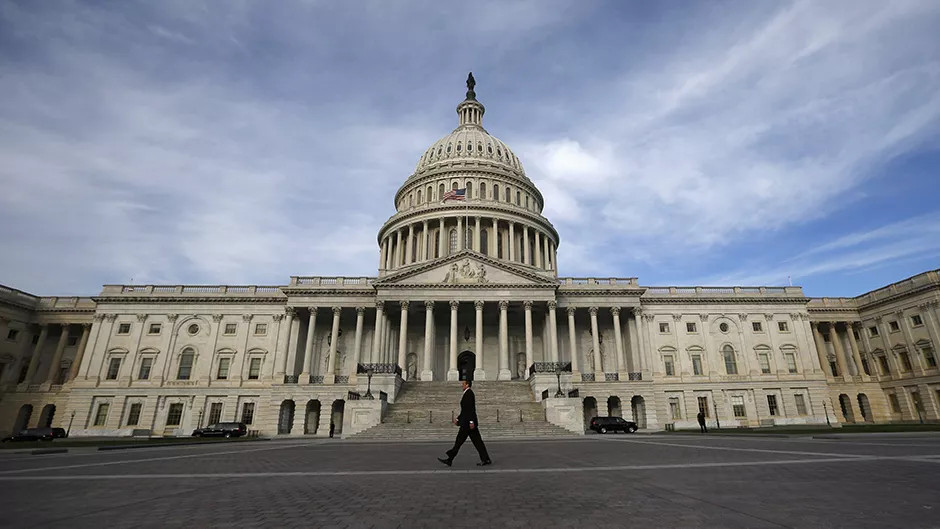
Washington uveo sankcije zbog cyber kriminala pojedincima i entitetima iz Rusije i UAE-a
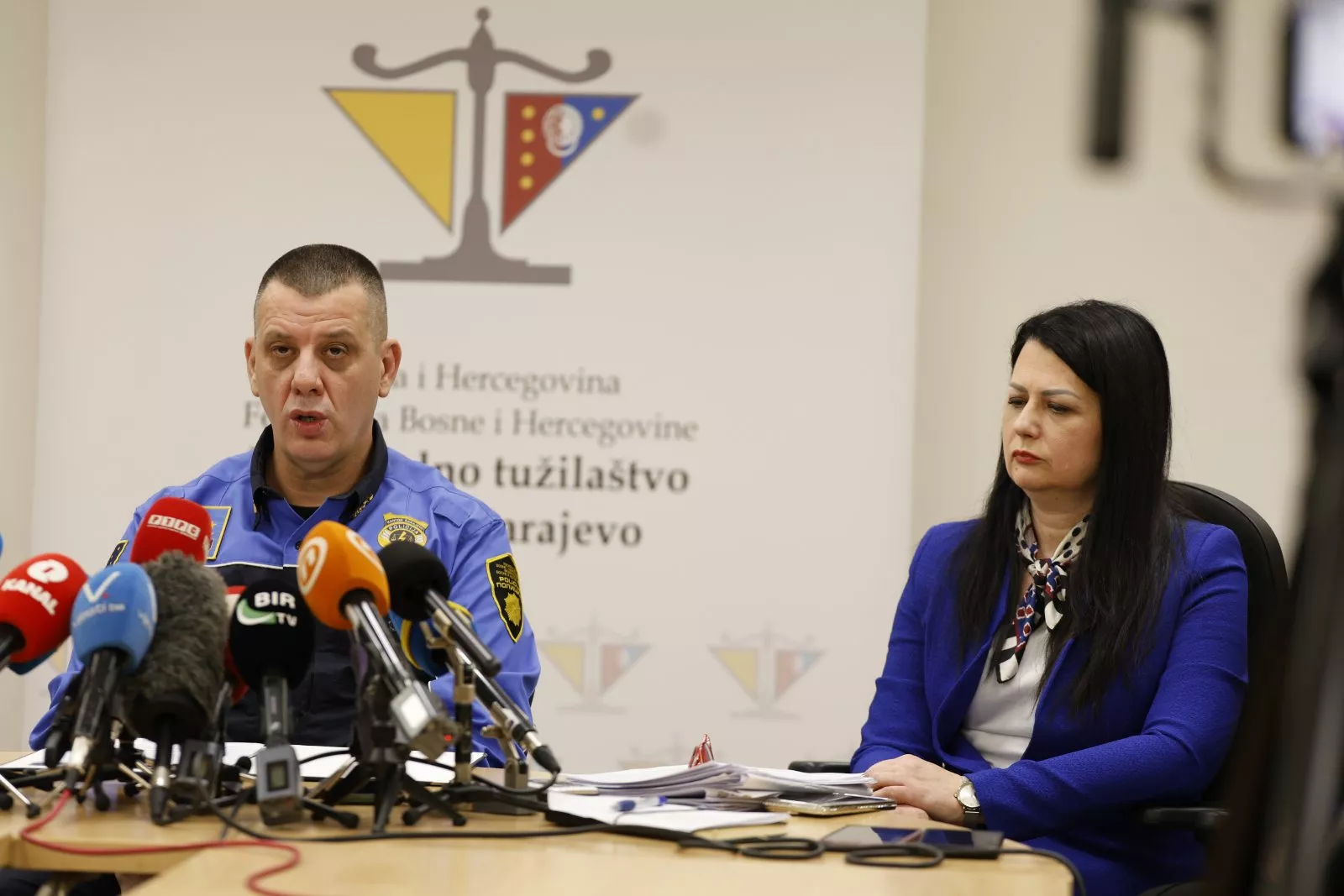
Javnost je očekivala odgovore, a Tužilaštvo i MUP KS su ih izgubili kada je pala podvala ‘vozač je kriv’!
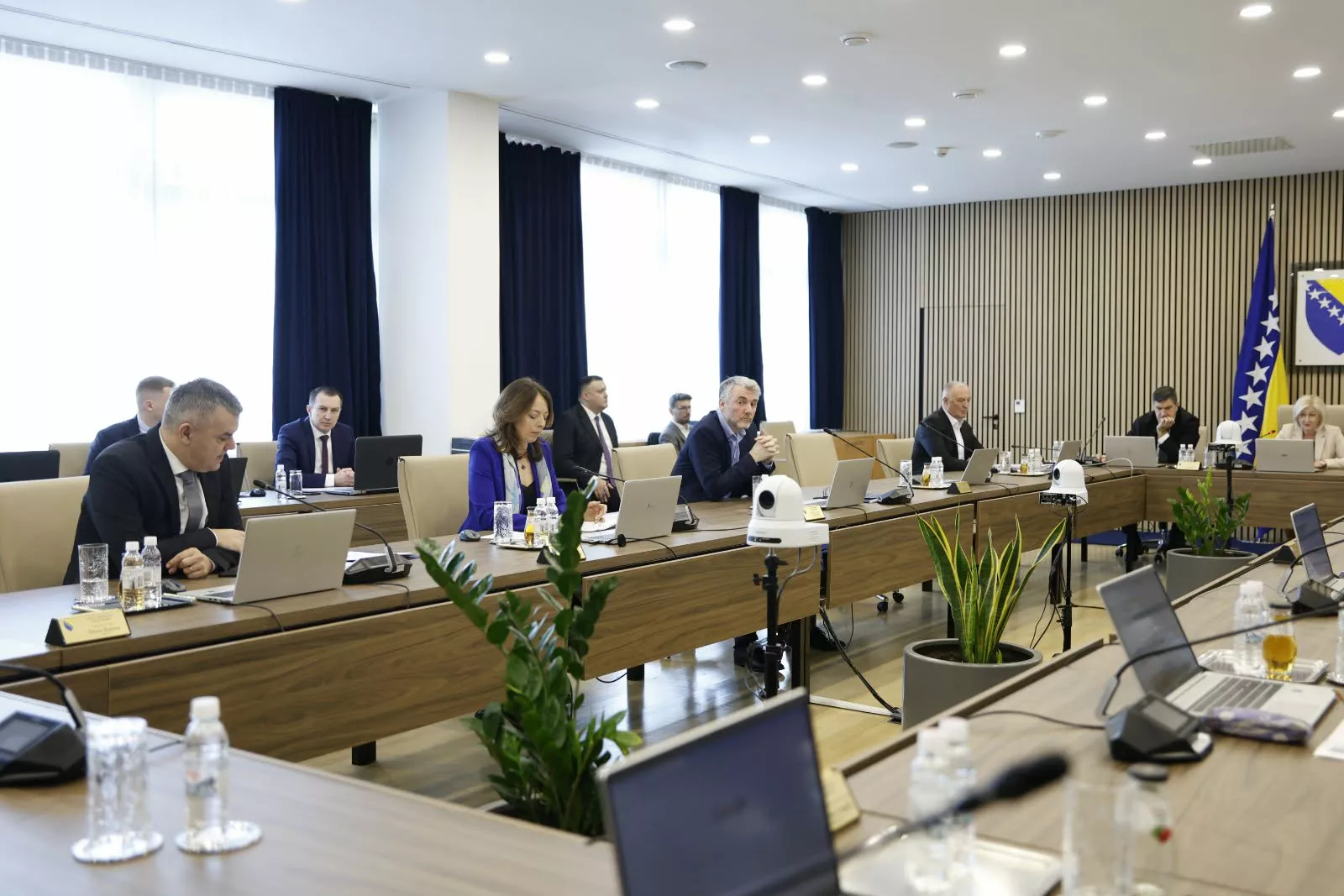
Slijede izmjene Zakona o komunikacijama: Korisnici prepaid kartica morat će se registrovati, nema više anonimnih poziva
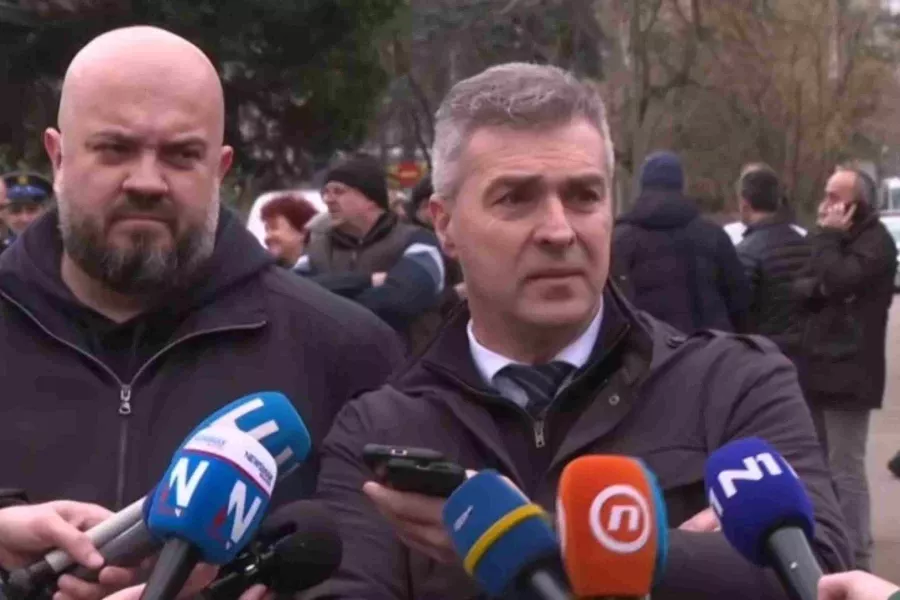
Direktor KJKP GRAS Senad Mujagić još nije saslušan!
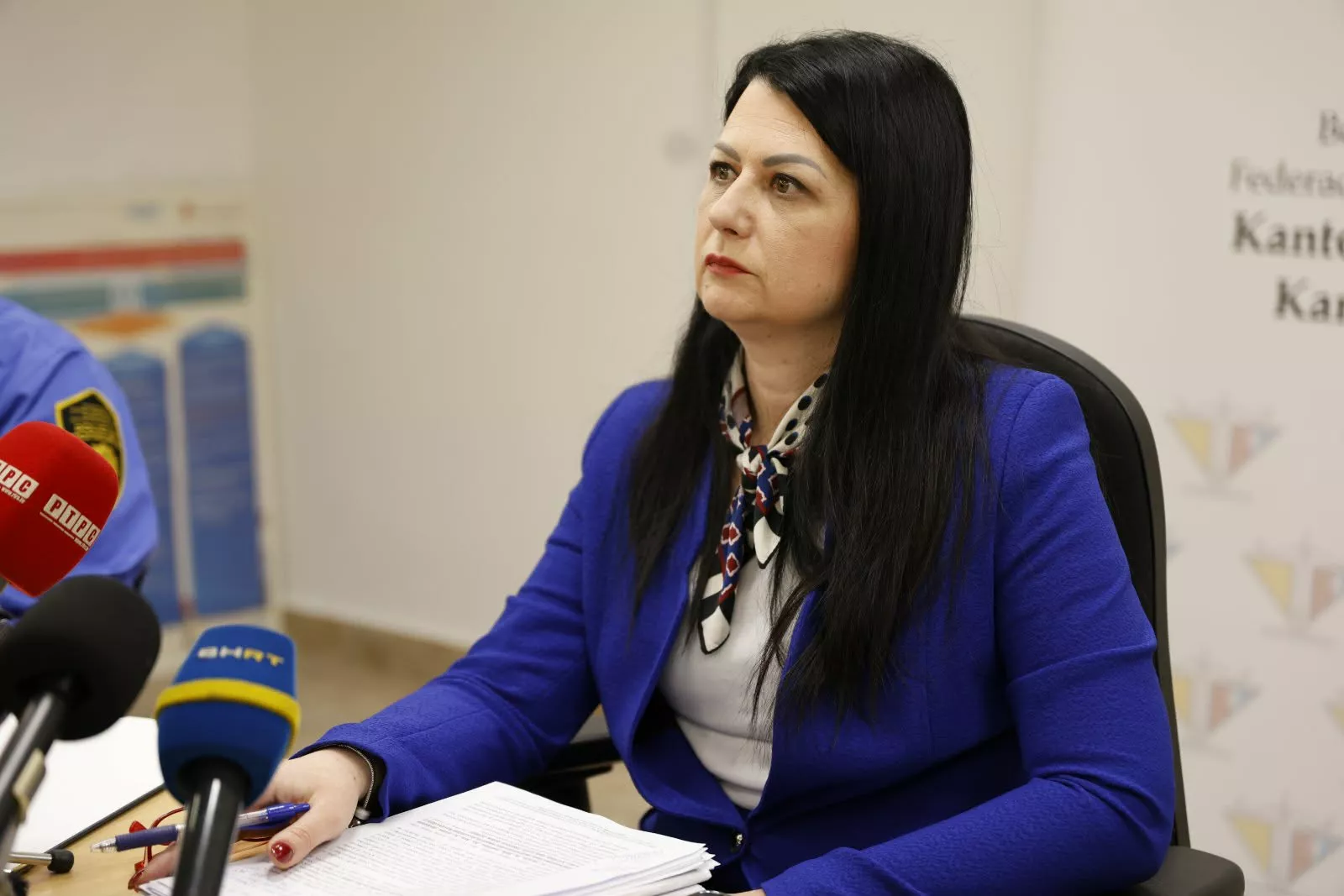
Dugalija: Istraga se vodi u više pravaca, saslušano 50 svjedoka, osumnjičeni je još uvijek samo vozač tramvaja
Najbolj brano

Dan nezavisnosti BiH obilježava se 1. marta i ne prenosi se, Hota-Muminović proglasila i 2. mart neradnim danom?
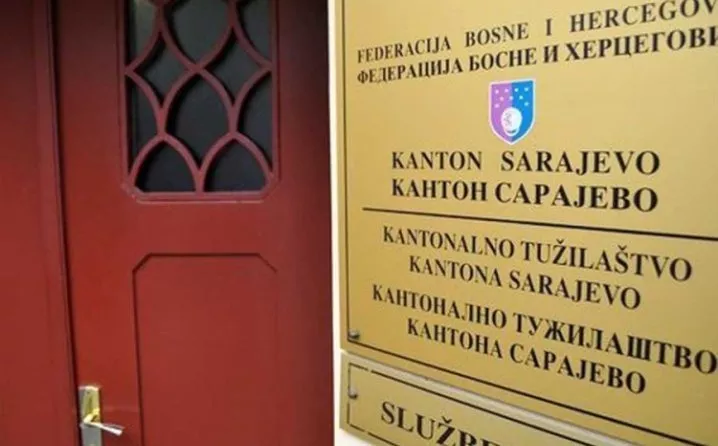
ŠTETA I UK NE ZNAJU Tužilaštvo KS neće provoditi istragu o dugu KJKP Gras zbog neplaćanja poreza i doprinosa
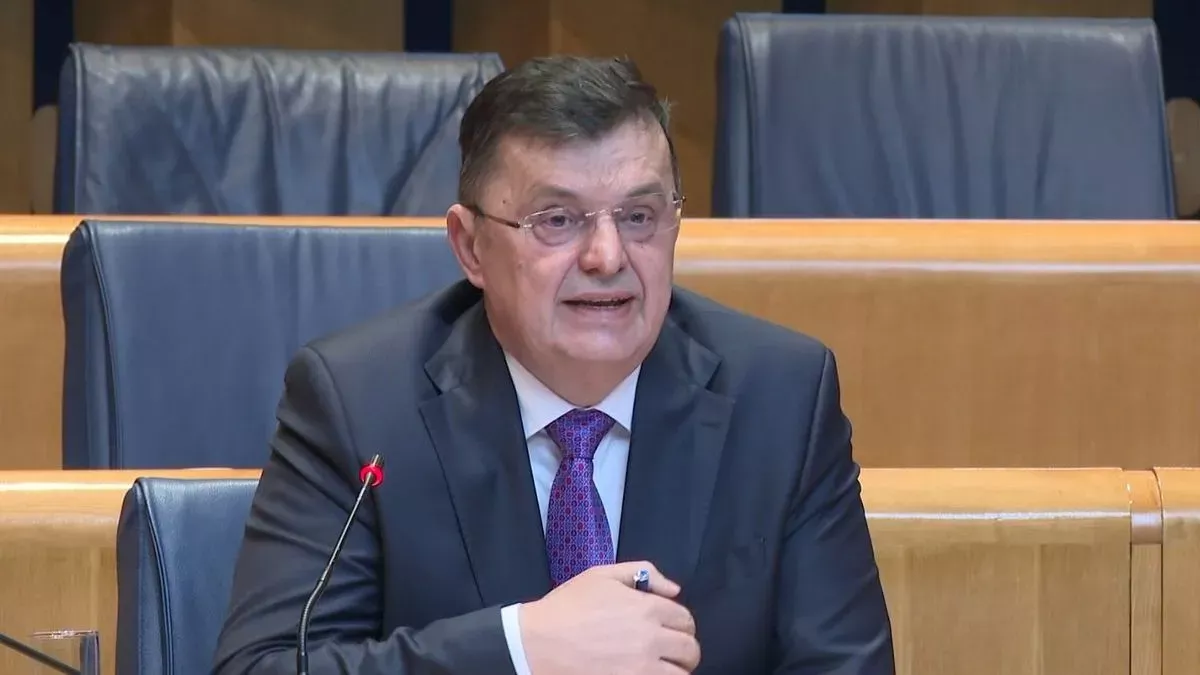
Komisiji za borbu protiv korupcije stigle prijave: Ko unaprijed gradi carinske terminale za UIO i kome se pogoduje
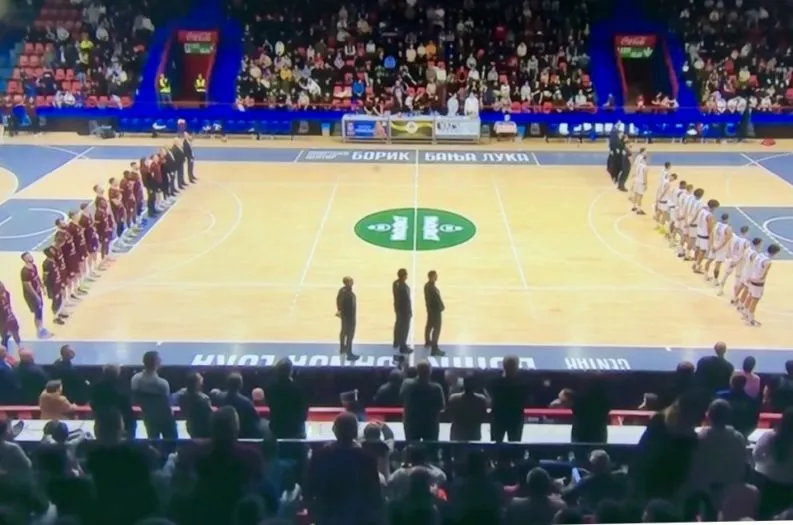
UTAKMICA BORCA I BOSNE U Banja Luci izviždana i prekinuto intoniranje himne BiH

Vlada KS: Rekonstruisana tramvajska pruga ima sve upotrebne dozvole
